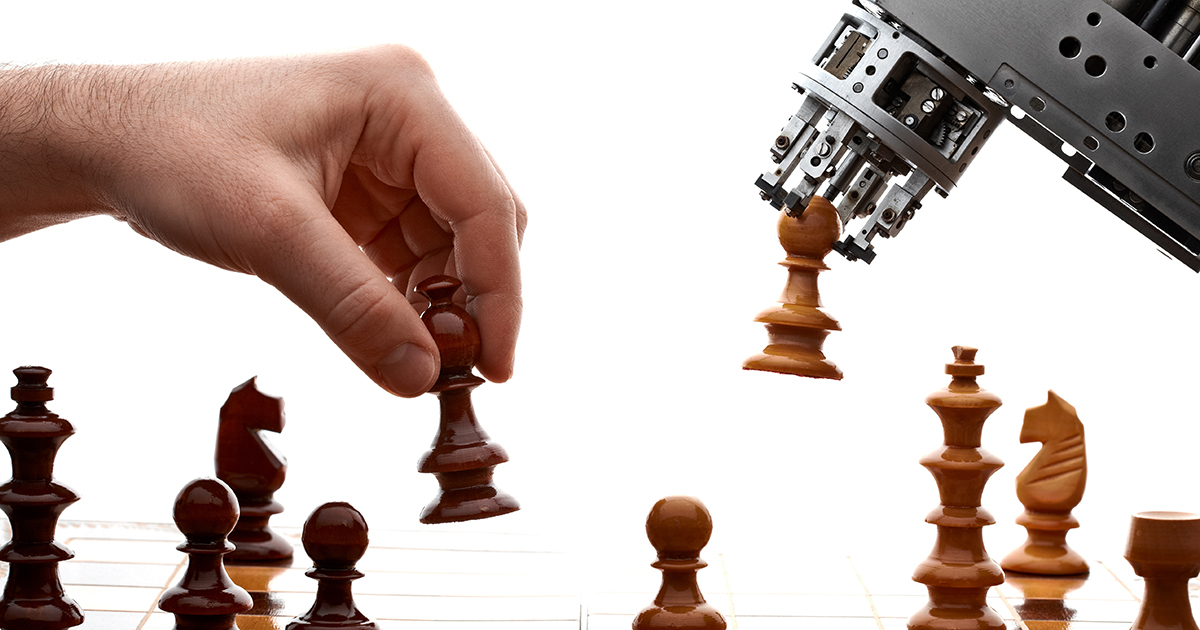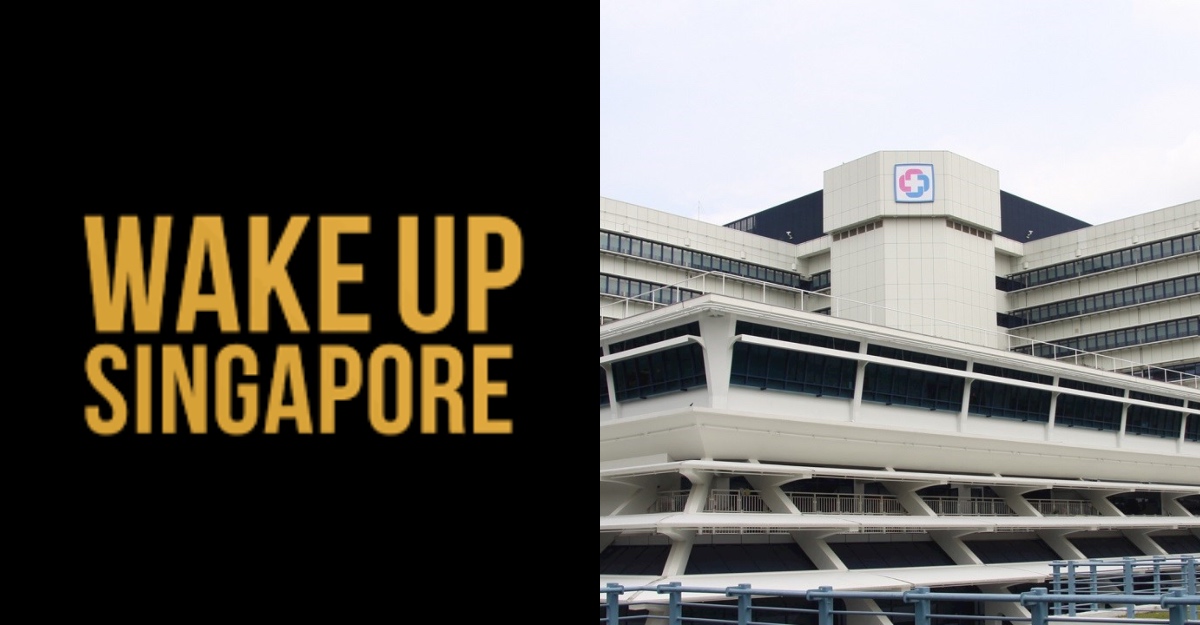“Are machines going to replace us at work? Or do they exist to ease what we do?”
The daily advancement of technology is a continuously ever changing landscape. Naturally we would like to think that its existence is to simplify our lives further.
Though I do not see most of us going full Luddite on our computers, let’s take a look at 4 industries that may change how people go about their jobs due to technology, or in more extreme cases, be unemployed because of it.
Transportation

We all saw this coming, driver-less vehicles. The next time that you take an MRT, bus or taxi, it will be just you in a metal shell with no one at the helm.
With the advancement of artificial intelligence, especially within the automotive industry, it was bound to happen. Driver-less taxis are set to be tested right here in Singapore, with plans for buses to follow suite.
Don’t worry, it won’t be anytime in the near future though. Even Google hasn’t perfected the self driving car. Safety is still the ultimate concern and manufacturers will do their best to ensure mishaps don’t happen.
And hey, check out Prime Minister Lee in a self-driving car during his visit to the United States in February this year.
While drivers may be out of jobs in the future, it will open new opportunities in other areas. They will instead perhaps be part of a group overseeing the automated public transport (control tower for buses?). New technical positions will open up in engineering and maintenance. These self-driving vehicles may move on their own, but not repair themselves. Well who knows? Maybe designing buses will become a thing!
Manufacturing

Just as how machines are are vying to drive us around, it is machines that are building the very vehicles we ride everyday. Now when we think about hand made cars, that honour is usually reserved for multi million dollar supercars. People are responsible now for making sure these machines run efficiently.
Even if you have not heard of Elon Mush, the South-African-born Canadian-American business magnate, engineer, inventor and investor, you would probably have heard of his Tesla car business. Yes, the same man who had raised some eyebrows when he reportedly called PM Lee over a CO2 surcharge levied on the first Model S in Singapore.
Other than building a humongous car factory (the second largest building in the world!), this man is also known to have more than one hundred robots to build the cars on top of the thousands of humans who work on the factory floor. How interesting that some of the robots are named after X-Men characters! Other than Iceman and Wolverine, they also have an industrial robot named Titan!
While still common only within the automotive industry, robots are fast making their way into making planes.
The manufacturing industry is on a perpetual shift towards automation and processes that help improve productivity. This shift is even more pronounced in this decade, fuelled by the rapid technological advancements, affecting the heavy industries, the light industries that produce your favourite cola, and everything else in between. So what happens to humans? With rudimentary tasks being assigned to machines, it has given rise to humans for opportunities in creative capacities, acquiring project management or even general management skills and becoming decision makers.
Deliveries

Ah, the internet shopping generation. Any product from anywhere in the world, just a mouse click away. Better get to know that cute guy or friendly uncle delivering your parcels to your doorstep because your deliveries could be done by robots in future.
Yes, drones, those buzzing little flying robots everyone loves to fly. Hey, Singpost successfully sent some letters to Pulau Ubin by drone just last year, while Airbus and CAAS collaborated to test drone deliveries through the Skyways Experimentation Project.
All you foodies aren’t left out either. Foodpanda is also doing drone tests to deliver food direct to your dining table and satisfy your cravings. Who can forget the Domino’s Pizza delivery robot? So in the near future, it is very possible that most deliveries, from parcels to even your food delivery, will soon be done via robots.
So whilst delivery jobs might be gone in the future, we will probably need people to do coordination, scheduling and other task management work.
F&B

Food delivery aside, we cannot dispute the fact that advancements in kitchen appliances has helped to ease the workloads of those working in the back-end. This in turn has reduced the need for overly crowded kitchens. Also vastly eliminating guesswork in the process when cooking. How else would small establishments be able to run on lean manpower, yet have a fervorous following of diners. In fine dining, technology has allowed chefs to delve into the realm of Molecular Gastronomy.
Outside of the kitchen the way orders are taken and delivered have seen automation too. Point of Sales Systems are getting more advanced with actual smartphones (and tablets) being used by establishments. Waiters too may no longer be serving you, with drones (we meet again) and robots in general. Fancy having chili crab served by a robot in a maid costume?
Bonus Round: Toilets

Technology don’t just benefit companies, and the benefits may trickle down to the everyday consumer.
Fancy having a toilet that cleans itself? Boeing have done just that. Say goodbye to backbreaking cleaning duties every time your toilet smells. It uses ultraviolet light for the cleaning process, so make sure you have extra space in your ceiling for another set of lights. With a myriad of hands free features within the toilet, it minimizes contact with the toilet. It is not fully self-sufficient though, scheduled cleanings between flights are still required. But hey, this is Boeing we’re talking about, they will figure something out!
So, Will There Still be Jobs for Humans?
First things first, most of us would acknowledge that the majority of jobs have benefited from the advancement of technology. With disruption coming from new technology and creative application of technology and machines, for sure some jobs will be made redundant, or be taken over by automation or robots.
But what is also certain is that one window closes, another one opens. So while some jobs are or will be gone out the window, new ones will be created. While in the future we may not need bus drivers anymore, that doesn’t mean that there will no longer be jobs for us, but rather, there will be different jobs, jobs that didn’t used to exist before.
One of the most important things we can do today to make sure that our jobs are not easily displaced by technology includes upgrading our skills to be future-ready.
So, We Have to Move It, Move It.
There was a SGFuture townhall event organised by the Labour Movement last Wednesday and it involves the various NTUC communities, from Young NTUC, the Women and Family unit to U Live, to talk about, yes, our future.
Labour Chief who is also a Minister in the Prime Minister’s Office, Chan Chun Sing was there to address the attendees. He was asked about the future of jobs for Singaporeans, in light of the economic slowdown and also the trend of automation.
Chan gave his favourite real-life example of the retail industry. “Maybe the shoe salesman will lose his job as e-commerce grows, but that doesn’t mean there will be fewer jobs… When some jobs are lost, others are created, let’s say for example for e-retail – there may be an opening for jobs in data storage, date management and analysis, or even for cyber security engineer.”
The challenge, Chan said, is not in the number of jobs. It’s how we can get the shoe salesperson to fill the cyber security job. And, Chan is pragmatic enough to say, “Some you can; most you can’t.”
“You can’t throw a shoe salesman into e2i (NTUC’s Employment and Employability Institute) for training and expect a cyber security engineer to come out.”
Daniel Yap from The Middle Ground summed up what Chan said well,
“The shoe salesman retrains – not into a cyber security engineer, but into another job related to retail sales, hopefully further up the chain. The person he replaces in his new job also moves on – maybe upwards, but maybe sideways into a related industry. And so on and so forth, with someone else eventually moving into the seat of cyber security engineer. What it needs, though is a willingness for everyone to move from their current jobs.”
We can foresee a sea change in the way of work as businesses undergo transformation, in terms of automation and processes, for higher productivity. With this challenging landscape as backdrop, will NTUC successfully help create Jobs of the Future, ensure workers are equipped with Skills of the Future, to land the Careers of the Future?
Can NTUC be the Unusual Labour Movement to cater to the evolving needs of the workforce?









